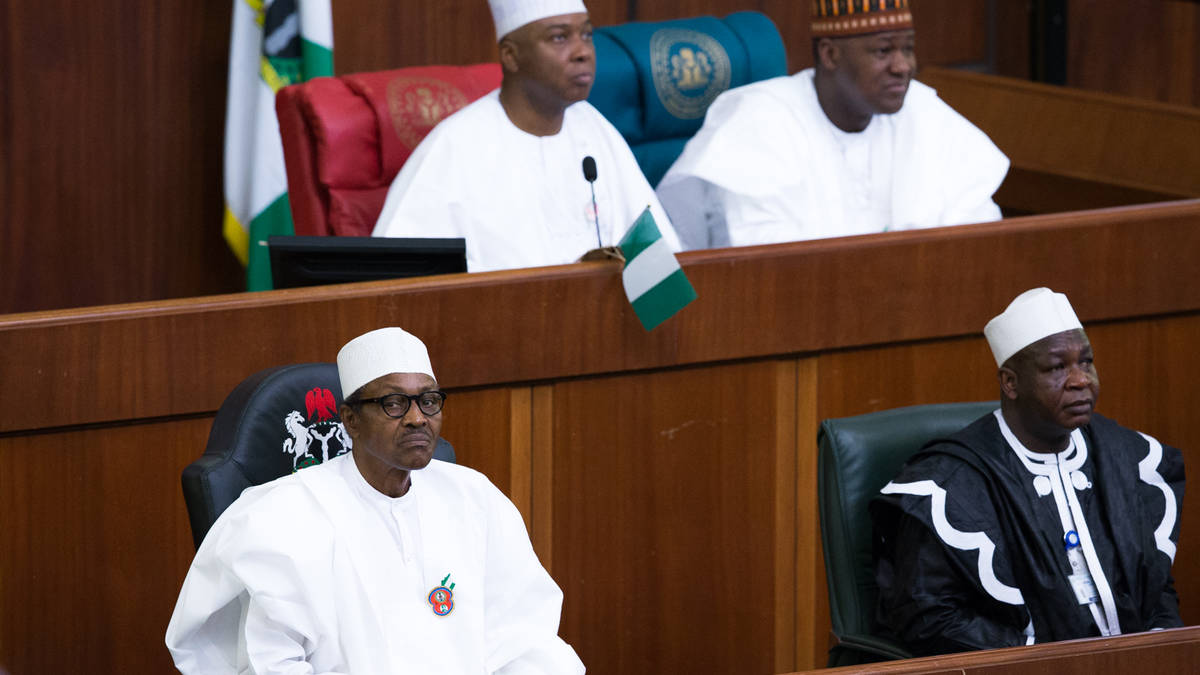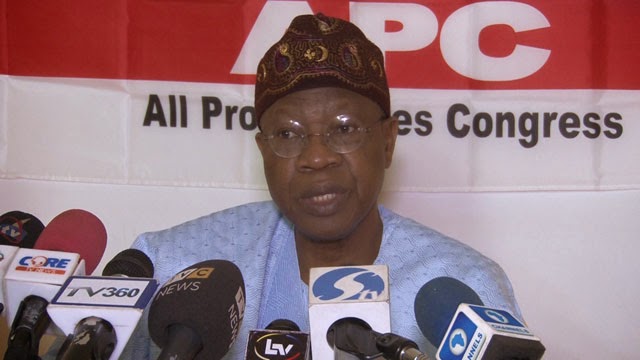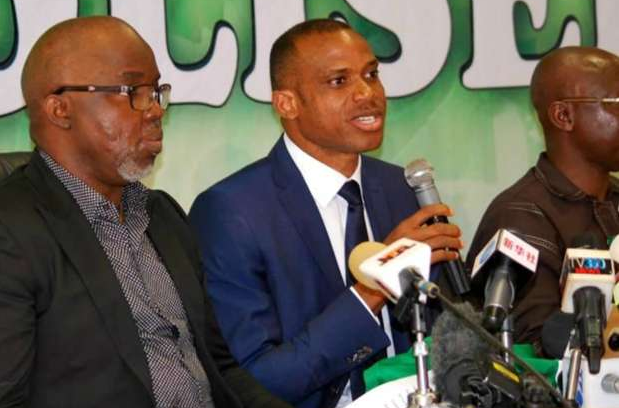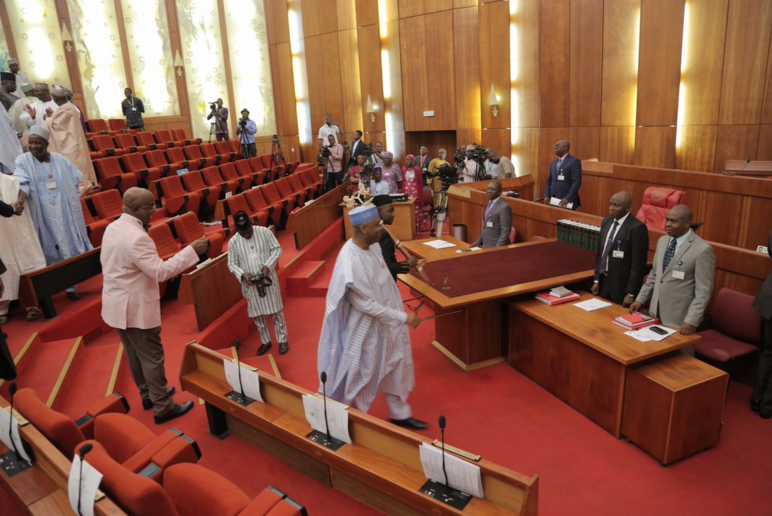The national assembly is still working on the details of the 2016 budget even after passing it last week, Abdulmumin Jibrin, chairman house of representatives committee on appropriation, has said.
But in a statement on Wednesday, Jibrin said “there is nothing abnormal” for the president to assent to the bill before receiving its details. The lawmaker explained that there were inconsistencies and anomalies in budget, hence the need for a thorough job to be done on it.
There have been controversies over the delay of President Muhammadu Buhari in assenting to the budget, with a source telling TheCable on Tuesday that the the president was hesitant to assent because he hadn’t seen the details.
“We wish to make the some clarifications, following media reports suggesting that withholding of assent to the 2016 appropriation bill by the presidency is due to the failure of the national assembly to send the budget details to the presidency alongside the appropriation bill,” Jibrin said.
Advertisement
“Ordinarily, the national assembly should not have responded to the issues raised, but we are duty-bound to put the issues into perspective and put records straights even though we doubt very much if the presidency will issue such statement knowing full well the challenges the budget has faced so far.
“The general public should note that the MTEF and 2016 budget proposal came to NASS very late. You will also recall that a lot of dust was raised over different versions of the budget circulated in the national assembly. Further, some ministers disowned the content of the budget during defence before NASS.
“Amid these inconsistencies and discrepancies, the NASS had been deeply engrossed in perfecting the anomalies, ironing out of the wrinkles and stretching the twists inherent in the 2016 appropriation bill.
Advertisement
“In order for the nation to move forward and avoid stagnation of administrative processes, the tradition is that the bill is passed and forwarded to the presidency for assent, while the lawmakers continue to work on the details. There is nothing abnormal about this practice and yet nothing abnormal about a president assenting a budget before or after seeing the details. In any case, the budget details are usually sent within a week or two after passing the budget.
“In view of the inconsistencies, errors, omissions and padding that characterised the 2016 budget, it would be unpatriotic of NASS to forward the budget details without being extra-careful, meticulous and cautious in discharging its duties. This is to ensure we do not make same mistake that the executive made.
“The appropriation committee needs to scrutinise the original proposal sent by the president vis-à-vis the reports of various standing committees of the house of representatives and the senate to arrive at a clean copy of the budget details. This will in no way affect any envelop already passed or the aggregate expenditure.
“The NASS holds the president in high esteem and will continue to support him. There were several instances where we demonstrated our support to the present administrations in the past. At the risk of sounding immodest, the NASS approved the President’s Special Advisers without hitch, approved ministerial nominees without rancour, approved supplementary budget without delay and displayed a rare show of patriotism in the receipt and passage of the 2016 MTEF and budget.
Advertisement
“The 2016 budget is the most challenging budget the NASS has ever passed in its recent history. Taking into account the many controversies and omissions, particularly in NYSC, prisons, pensions, personnel shortfalls, among others, the budget failed in many respects to connect with the policy thrust of the government.
“The NASS appropriation committees worked round the clock to address some of the omissions, bring up to date allocations in the budget towards the policy direction of Mr. President, particularly issues relating to security, anti-corruption and economic diversification.
“Given the foregoing efforts, it is therefore unfair for accusing fingers to be pointed at NASS when the presidency defers or delays assent to the budget. Nowhere in the world that a budget is presented to the parliament, and expect it to be passed warts and all without subjecting it to the rigours of scrutiny, debate and painstaking processes and inputs of the parliament.
“The NASS will continue to exercise its constitutional duty of appropriation to the latter. While recognising the President’s power to withhold assent, the NASS is also constitutionally required and has power to veto. But we don’t want that to happen and we don’t see this happening in this case.
Advertisement
“It is obvious that some fifth columnists are crying wolf where there is none and are also bent on creating friction and disharmony between the NASS and the presidency.”
Advertisement
Add a comment







